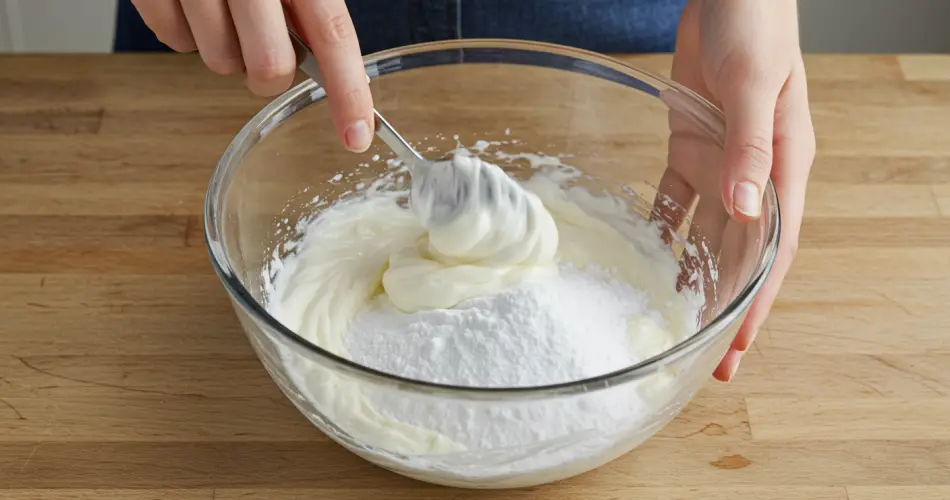Maintaining a clean and hygienic home doesn’t have to rely solely on chemical-laden cleaning products. Many natural, eco-friendly alternatives exist that are both safe for the environment and highly effective. One such combination that has gained popularity is soft soap, also known as potassium soap, paired with baking soda. Together, these two household staples can tackle a variety of cleaning tasks around your home.
What Is Soft Soap?
Soft soap, sometimes called yellow soap or potassium soft soap, is a traditional cleaning agent that has been used for centuries. It is widely available at affordable prices, completely biodegradable, and environmentally friendly. Its composition typically includes potassium hydroxide, glycerin, and coconut oil, which gives it strong degerming and degreasing properties while remaining gentle and safe.
Historically, soft soap was a household staple, often used by previous generations for washing clothes, cleaning surfaces, and even personal hygiene. Today, it has returned to popularity due to its effectiveness, ecological credentials, and versatility. Its mildness makes it suitable for sensitive applications, such as washing a baby’s skin or delicate fabrics.
Soft soap is sold in solid blocks, which can be easily cut into smaller portions for various uses. This flexibility allows you to adapt it for multiple cleaning tasks without waste.
Why Combine Soft Soap with Baking Soda?
While soft soap is already a potent cleaner, combining it with baking soda significantly enhances its cleaning power. Baking soda, or sodium bicarbonate, is a natural abrasive with deodorizing, stain-removing, and mild antibacterial properties. When used together, soft soap and baking soda create a versatile solution that can be applied throughout the home—from the laundry room to the kitchen and bathroom.
Applications in Laundry
One of the most practical uses of soft soap and baking soda is in washing clothes. The soft soap acts as a natural detergent, while baking soda helps boost cleaning power, remove odors, and soften fabrics.
For handwashing:
-
Cut a small ball of soft soap from the block.
-
Rub the ball directly on stains or areas that need cleaning.
-
Rinse with water.
For machine washing:
-
Simply place the soft soap ball in the drum of the washing machine.
-
Add a teaspoon of baking soda for extra cleaning efficiency.
-
Run the wash as usual, without needing additional fabric softeners.
This combination not only keeps clothes clean but also reduces the need for chemical detergents, making it a safer choice for sensitive skin.
Household Cleaning Applications
Beyond laundry, soft soap and baking soda can be used to sanitize and degrease surfaces throughout your home.
Bathroom cleaning:
-
Dissolve a small ball of soft soap in warm water.
-
Add a teaspoon of baking soda and, optionally, a teaspoon of vinegar.
-
Pour the mixture into a spray bottle.
-
Spray directly onto sinks, faucets, toilets, and tiles.
-
Wipe with a damp cloth to remove grime and disinfect surfaces.
This combination effectively cuts through soap scum, hard water deposits, and general dirt, leaving surfaces sparkling clean and hygienic.
Kitchen cleaning:
-
For greasy stovetops and burners, rub a small ball of soft soap directly on the area.
-
In a bowl, mix warm water with a teaspoon of baking soda to create a mild paste.
-
Apply this mixture to particularly dirty areas.
-
Use a sponge or cloth to scrub and wipe away residue.
This method is particularly useful for stubborn, baked-on grease, ensuring your kitchen surfaces are clean without harsh chemicals.
Garden and Plant Care
Interestingly, soft soap can also be employed as a natural pesticide for plants. Dissolve a small portion in water and spray on garden or balcony plants. This solution can help deter common pests without harming your plants or the environment, making it an excellent alternative to chemical insecticides.
Cleaning Silverware and Home Decor
Soft soap and baking soda are also effective for polishing and cleaning delicate objects such as silverware, brass, or other metal decorations.
-
Apply soft soap to a sponge or soft cloth.
-
Sprinkle a small amount of baking soda over the sponge.
-
Rub gently on silverware or other metal items.
-
Rinse and wipe dry.
This method removes tarnish, dust, and dirt, leaving items shiny and hygienically clean.
Benefits of the Soft Soap and Baking Soda Combination
-
Eco-Friendly: Both ingredients are biodegradable and environmentally safe.
-
Non-Toxic: Ideal for homes with children or pets.
-
Versatile: Can be used in laundry, kitchen, bathroom, and even garden care.
-
Cost-Effective: Inexpensive compared to many commercial cleaning products.
-
Powerful Cleaning: Combines degreasing, antibacterial, and abrasive properties in one solution.
By keeping a block of soft soap and some baking soda at home, you can reduce reliance on harsh chemical cleaners while maintaining a sparkling, hygienic environment.
How to Store and Use
-
Cut the soft soap block into smaller portions for easier use.
-
Store unused pieces in a dry place to prevent them from becoming too soft or dissolving.
-
Mix with baking soda just before use for maximum effectiveness.
-
Always test on delicate surfaces first to ensure no damage occurs.
Conclusion
The combination of soft soap and baking soda is a powerful, versatile, and environmentally friendly cleaning solution. From washing clothes to cleaning kitchen surfaces, sanitizing bathrooms, and even caring for plants, this duo offers a natural alternative to chemical products without sacrificing effectiveness.
By incorporating these simple ingredients into your cleaning routine, you can save money, reduce exposure to toxins, and maintain a hygienic and welcoming home environment. Whether you’re a fan of natural cleaning methods or simply looking for effective household solutions, soft soap and baking soda are a combination worth trying.



